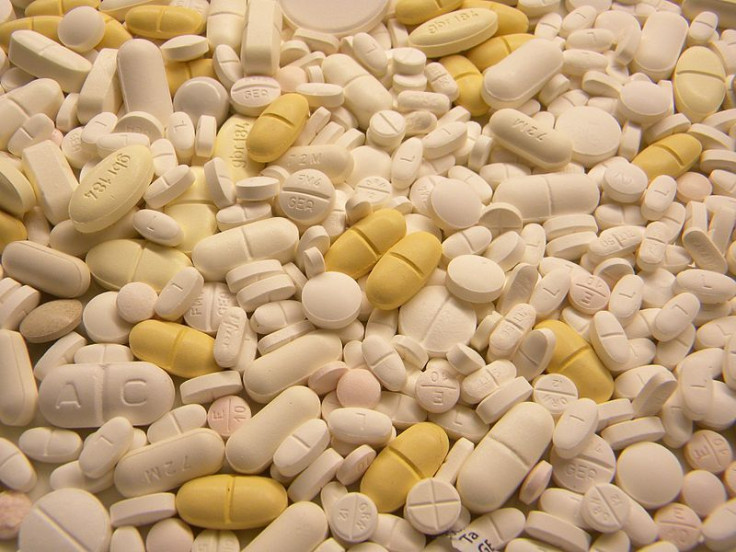Japanese Pharmaceutical Company Says It Was Duped In Indian Drugmaker Ranbaxy Purchase

The Indian pharmaceutical company Ranbaxy Laboratories had a controlling stake of 63.9 percent bought by the third largest Japanese pharmaceutical company, Daiichi Sankyo, in 2008. Daiichi, knowing that Ranbaxy exports its products to over 125 countries and owns multiple production facilities around the wrld, thought it was getting a good deal. Little did the Japanese company know that it was being fooled by misleading information when it decided to purchase a controlling interest in the Indian drugmaker.
In February 2012, a stomach acid blocker produced by the Indian company was recalled in the Netherlands because it was found to have impurities. This past November, the company stopped production of a generic form of Lipitor that made it to the U.S. market after glass was found in some bottles. Additionally, the company has been found to have sold useless HIV medication that was put on the market in Africa while executives had said "Who cares? It's just blacks dying."
The company was fined $500 million this month for importing adulterated drugs into the U.S. The drugs found to have issues were generics of the acne drug Sotret (isotretinoin), the epilepsy drug gabapentin, and the antibiotic ciprofloxacin. Two factories owned by the company were blacklisted from exporting drugs to the U.S. until they brought their safety standards up to FDA code.
Today, Daiichi Sankyo, the Japanese majority stakeholder in Ranbaxy, said that unnamed "former shareholders of Ranbaxy concealed and misrepresented critical information concerning the U.S. DOJ and FDA investigations." The parent company stated that it continues to support Ranbaxy's efforts to fix any problems that have led to legal action and that the subsidiary has significantly changed its business practices in the ensuing maelstrom.
Today's press release from Daiichi Sankyo can be found here and a detailed report of the company's malfeasance can be read here.



























